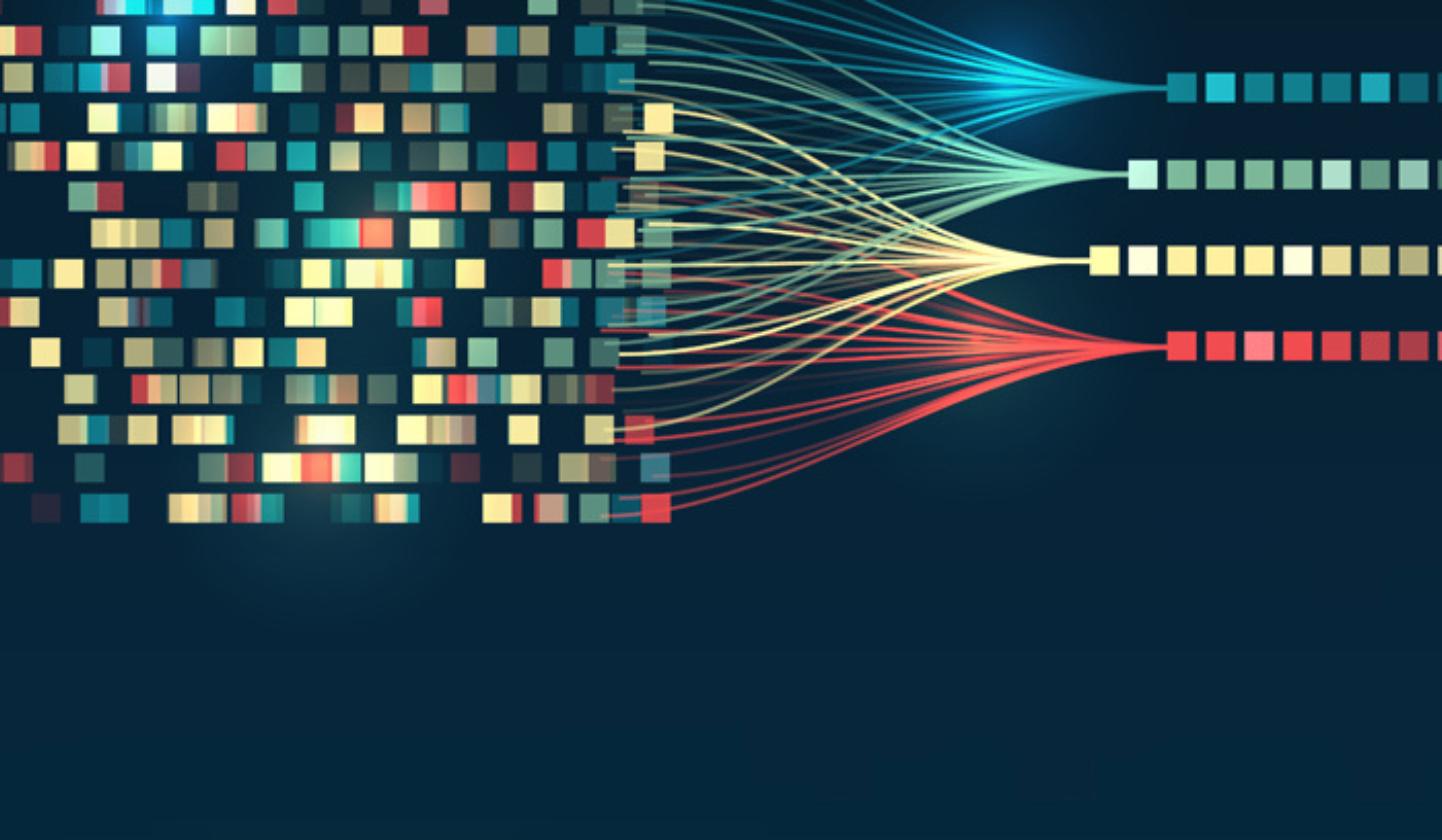Every Team Needs a Knowledge Base Tool to End Scattered Work

Every team knows the feeling. A quick answer gets lost in Slack. The “final” version of a document is buried in Google Drive. Someone remembers a key decision from last week’s meeting but no one can find the notes. Before long, hours are wasted searching, re-explaining, and recreating work that already exists.
This is the universal pain of modern work: too many tools, too little memory. Knowledge doesn’t disappear because people stop sharing it disappears because there’s no clear place to capture and reuse it.
The Hidden Cost of Scattered Tools
When knowledge is fragmented across chat apps, email threads, file folders, and wikis, the costs add up fast:
- Wasted Time: Teams spend hours searching for information or asking the same questions again.
- Duplicate Work: Content gets recreated because people don’t realize it already exists.
- Inconsistent Messaging: Different teams share different answers, creating confusion and mistakes.
- Lost Opportunities: Without a system to capture insights, valuable ideas fade away.
The frustration isn’t just about inefficiency. It’s about trust. If your team can’t find answers quickly, confidence in the system drops, and people stop relying on it altogether.
How a Knowledge Base Tool Fixes the Problem
The answer isn’t fewer conversations or fewer tools it’s adding the right layer that turns conversation into memory. A modern knowledge base software tool captures, organizes, and makes knowledge reusable across the organization. Here’s how it helps:
- Centralized Memory: Every insight, decision, and update lives in one searchable place.
- Reusable Assets: Answers and updates can be tagged and repurposed as FAQs, templates, or onboarding material.
- Faster Onboarding: New hires learn from real conversations and decisions, not just outdated policy docs.
- Smarter Decisions: Leaders see context and history instead of starting fresh every time.
From Noise to Clarity
Imagine this: instead of digging through Slack for “that one message,” your support lead highlights the answer once, and it’s saved in the knowledge base tool. Next time, anyone can find it instantly. A project manager tags a decision in chat, and it shows up in the project log. A founder captures the most insightful Friday discussion, and it fuels next week’s pitch deck.
This is what happens when you shift from scattered tools to structured knowledge. The noise turns into clarity. Conversations become content, and that's knowledge sharing. And your team builds a living, breathing system of memory.
Why Now?
The volume of information teams create isn’t slowing down — it’s accelerating. AI, remote work, and cross-functional projects mean more conversations, more updates, more complexity. Without a knowledge base tool, your best work will keep slipping through the cracks.
Investing in structured knowledge isn’t just about saving time. It’s about building trust, clarity, and agility into how your team operates. Because in today’s workplace, the teams that remember are the teams that win.